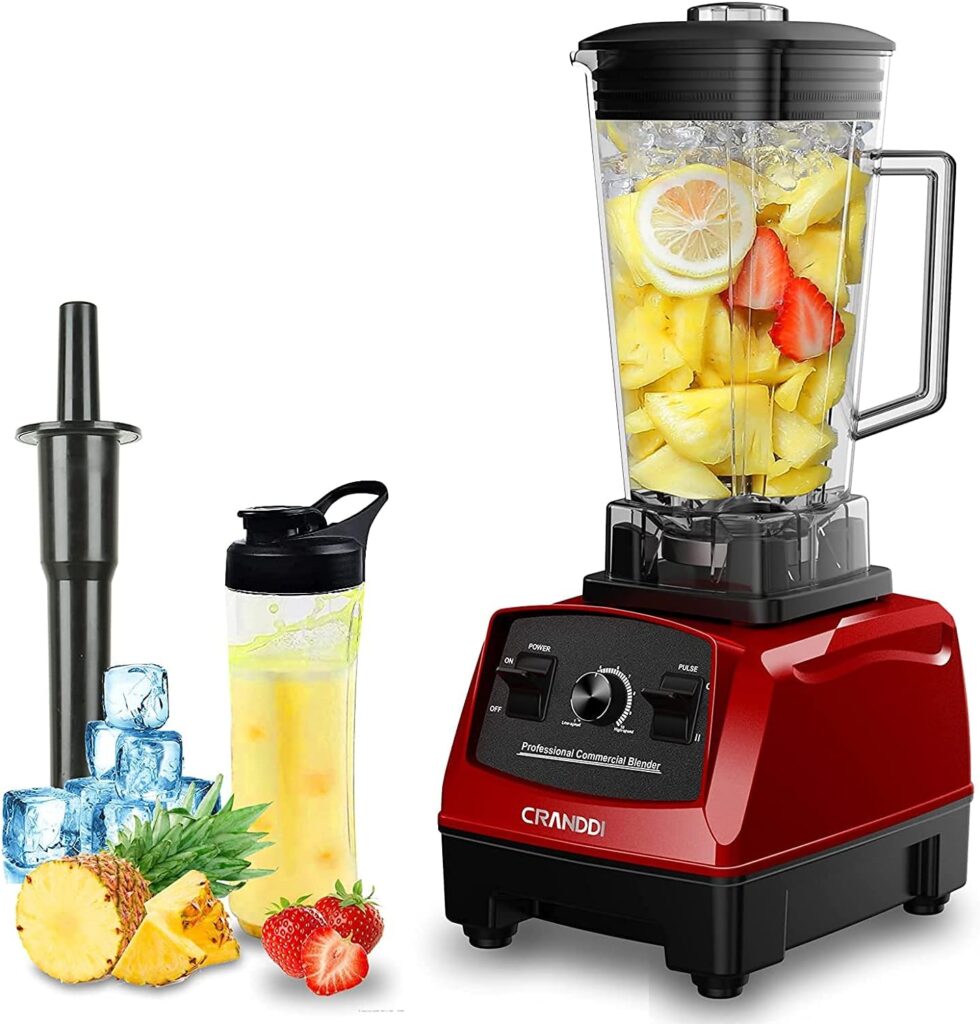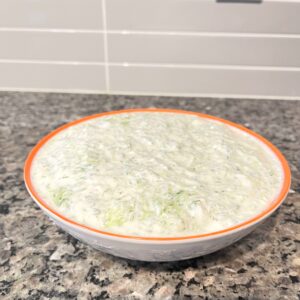How to reduce cholesterol naturally? Cholesterol is a wax-like substance that is present in the cell membranes of body tissues and is carried in the blood plasma. The body needs cholesterol to form and maintain cell membranes and to aid in the metabolism of fat-soluble vitamins.
There are two different types of cholesterol; low-density lipoproteins (LDL) and high-density lipoproteins (HDL). HDL is commonly referred to as “good” cholesterol, whereas LDL is referred to as “bad” cholesterol. LDL has been linked to heart disease, whereas HDL is thought to lower the risk of having a heart attack.
A number of foods can significantly lower LDL cholesterol. Fiber-rich foods are especially beneficial, not only because they lower ‘bad’ cholesterol, but also because they help the bowel function properly lowering the risk of colon cancer.
Here are the foods that are not only delicious but also will help lower LDL cholesterol levels naturally:
- Avocados are rich in heart-healthy nutrients. They are high in monounsaturated fat, which helps to lower LDL cholesterol and have numerous other health benefits, including anti-cancer properties.
- Whole grains, especially oat bran, barley and wheat bran. They can be eaten as a cereal for breakfast or sprinkled onto other foods. Oats and barley provide beta-glucan, a soluble fiber that is very effective at lowering LDL cholesterol.
- Apples, grapes and strawberries. They are rich in pectin, a type of soluble fiber that helps increase “good” HDL and lower “bad” LDL cholesterol.
- Dark chocolate and cocoa contains flavonoids. Their antioxidant and anti-inflammatory properties can help lower blood pressure and “bad” cholesterol level while increasing “good” cholesterol. Dark chocolate should be consumed in moderation because it can be high in saturated fats and sugar.
- Eggplants, carrots and okra, just like apples and berries, are rich in pectin, the soluble fiber that helps lower bad cholesterol.
- Lentils are a good source of protein. They are low in fat and can help improve HDL levels and decrease LDL cholesterol. Lentils are very versatile, as they can be used in soups, stews and salads.
- Japanese shitake mushrooms contain a compound called lentinan, which lowers cholesterol, boost your immune system and improve cardiovascular health. They have a meaty and slightly smoky flavour and are frequently used in soups and stir-fries. Shiitake mushrooms are also a good source of vitamins B and D.
- Green tea contains antioxidants known as catechins, which can be extremely beneficial to one’s health. Green tea consumption appears to improve cholesterol levels significantly, lowering LDL cholesterol levels without lowering HDL cholesterol.
- Garlic is a superfood with well-known blood-thinning properties. It also contains allicin, which is thought to prevent the body from retaining LDL cholesterol. Studies have shown that eating one clove per day can reduce ‘bad’ cholesterol by 10-15% in the majority of people.
- Ginger root has been used in Chinese medicine for centuries for its numerous health benefits. Ginger has a spicy and slightly sweet flavour and is commonly used in cooking stir-fries and other vegetable dishes. Nowadays, ginger tea has gained popularity and is used to help with digestive issues, nausea and inflammation.
- Nuts are naturally high in omega-3 fatty acids and have been shown to lower blood cholesterol significantly; walnuts, pecans, hazelnuts and almonds are particularly beneficial.
- Sesame seeds are rich in phytosterols. These compounds are said to significantly lower LDL cholesterol. Other phytosterol-rich foods include celery, lettuce, asparagus, spinach, tomatoes, ginger, squash and strawberries.
- Soybeans are an excellent source of omega-3 fatty acids and plant-based protein. Soybeans are used to make a variety of products, including soy milk, tofu as well as oil. Research indicates that they help reduce “bad” LDL cholesterol, as well as increase “good” HDL cholesterol.
- Salmon, tuna, sardines and mackerel contain good amount of omega-3 fatty acids, which have many health benefits by increasing “good” HDL cholesterol and lowering inflammation and stroke risk.
- Extra virgin olive oil is a rich source of monounsaturated fatty acids, the kind that may help raise “good” HDL and lower “bad” LDL cholesterol.
- Prunes are a wonderful source of antioxidants, fiber, potassium and vitamin K. Prunes are dried plums with a soft, chewy texture and a sweet, slightly tart flavour. They can be eaten as a snack on their own or in cooking and baking. They may help reduce LDL cholesterol and are popular as a natural remedy for constipation.
If you have high cholesterol, you should avoid processed and prepared foods, high-fat dairy products, fried foods, potato chips, pastries and foods containing saturated or trans fats. According to research, the key to lowering LDL cholesterol is to eat a healthy, balanced diet that includes plenty of soluble fibre and at least five servings of fruit or vegetables per day. This, in conjunction with regular cardiovascular exercise, should help keep your heart healthy while providing numerous other health benefits.
Also, it is important that you quit smoking and limit alcohol consumption. Smoking causes damage to the blood vessel walls, which can result in an increase in LDL cholesterol.
Sleep for 7-9 hours per night. People who do not get enough sleep are more likely to have high cholesterol levels. Finding healthy ways to cope with stress, such as through exercise or meditation, can also aid in cholesterol reduction.
High cholesterol levels can increase the risk of heart disease and stroke. Here are some natural ways to help lower cholesterol levels:
- Diet: A diet rich in fiber, fruits, vegetables, whole grains and lean protein can help lower cholesterol levels. Additionally, limiting the intake of saturated and trans fats can also be beneficial.
- Exercise: Regular physical activity, such as brisk walking or cycling, can help improve cholesterol levels and overall heart health.
- Weight management: Maintaining a healthy weight can help reduce cholesterol levels, as excess weight can contribute to high cholesterol.
- Stop smoking: Smoking can damage the walls of blood vessels, leading to a buildup of fatty deposits and raising cholesterol levels.
- Reduce stress: Chronic stress can increase cholesterol levels, so finding ways to manage stress, such as yoga, meditation or exercise can be helpful.
- Increase soluble fiber: Soluble fiber can help lower cholesterol levels by binding with bile acids, which are produced from cholesterol, and removing them from the body. Good sources of soluble fiber include oats, barley, beans, lentils and psyllium.
It’s important to consult with a doctor before making any major changes to your diet or lifestyle. They can also recommend lifestyle changes and, if needed, medications to help manage cholesterol levels.
This article is intended for educational purposes only and is not intended to diagnose, cure or treat any medical condition. If you have a medical condition, always consult your doctor before changing your exercise routine or following any dietary advice.
Check out the article about how to combat hair loss and increase hair growth using natural therapies.






